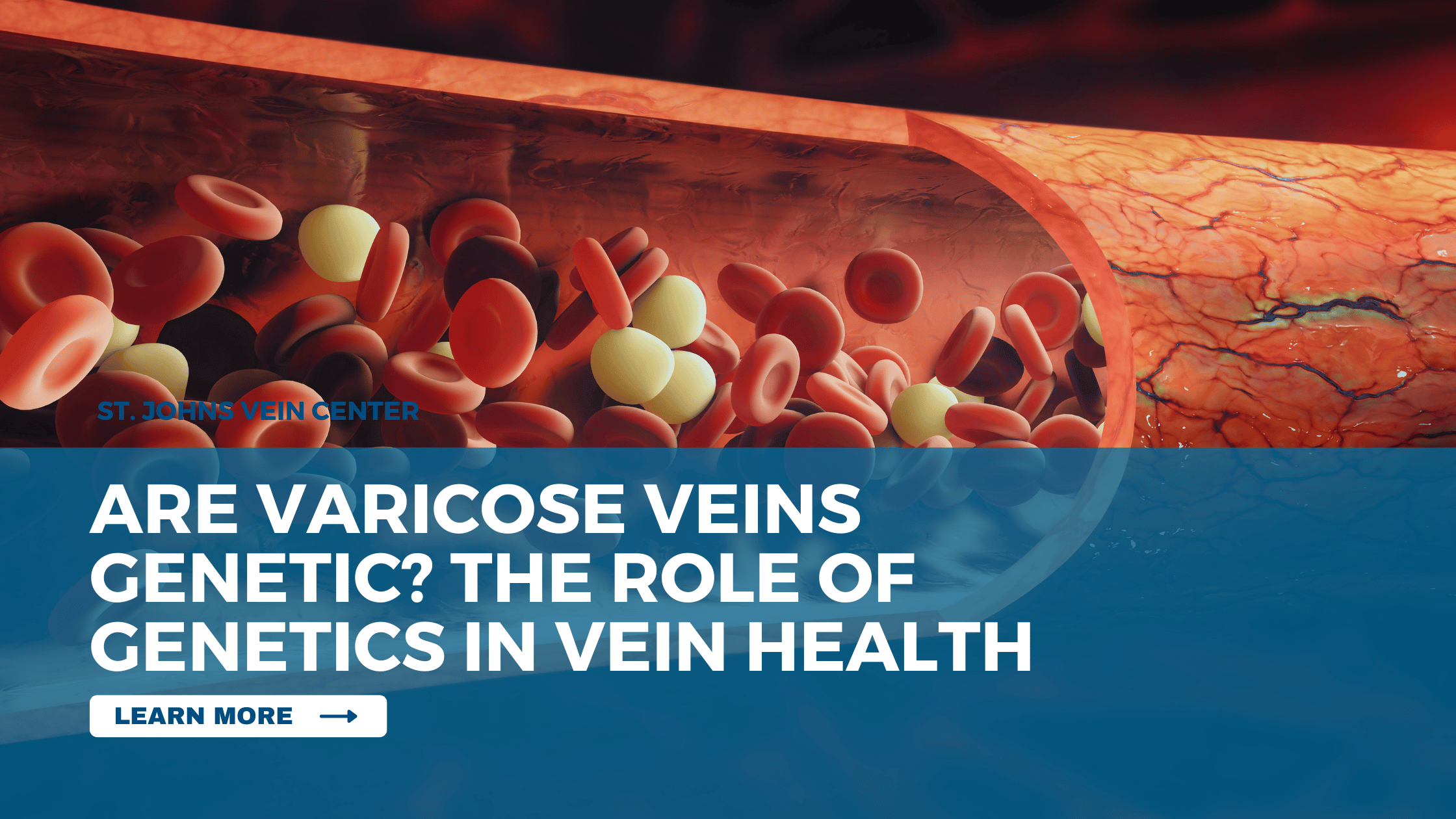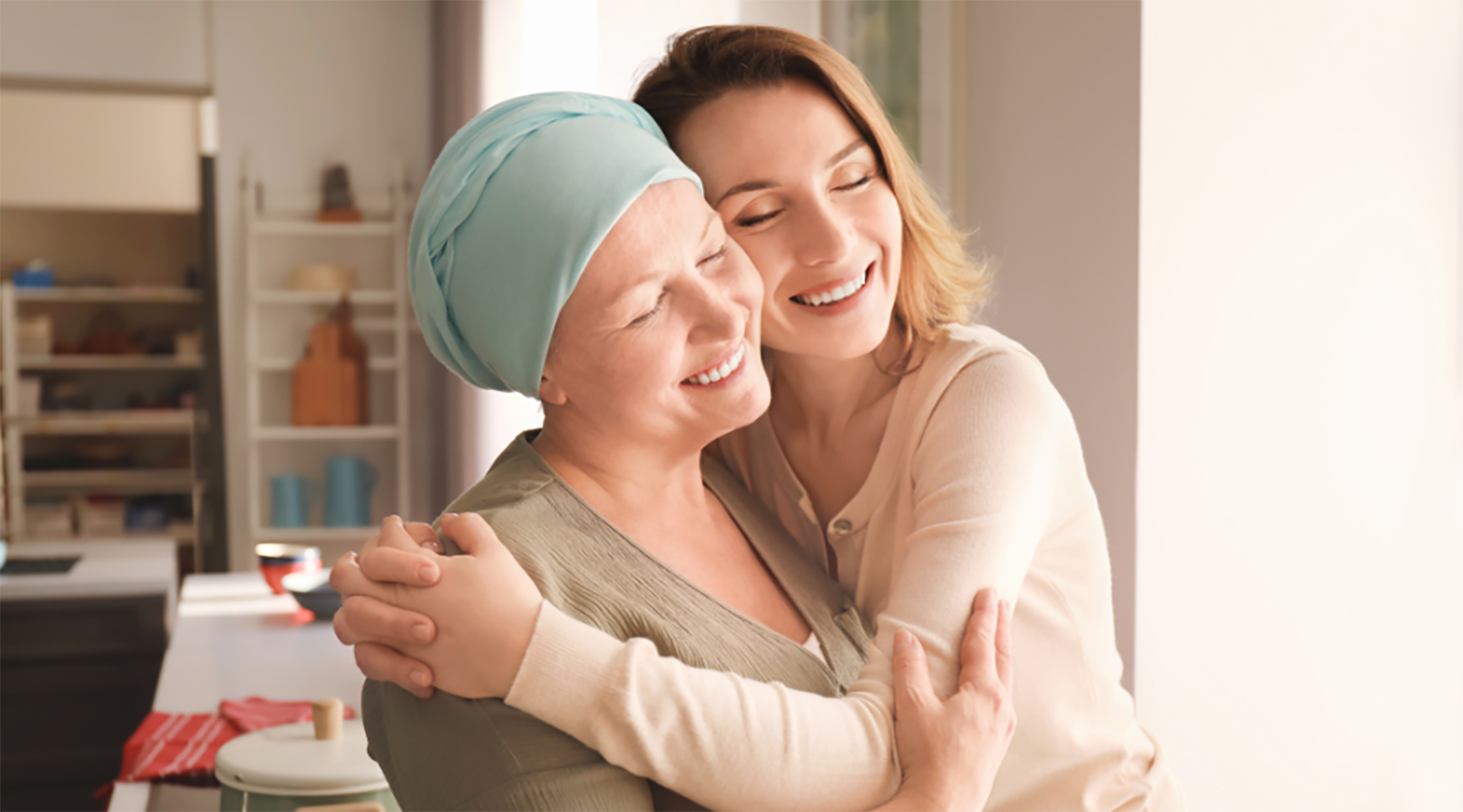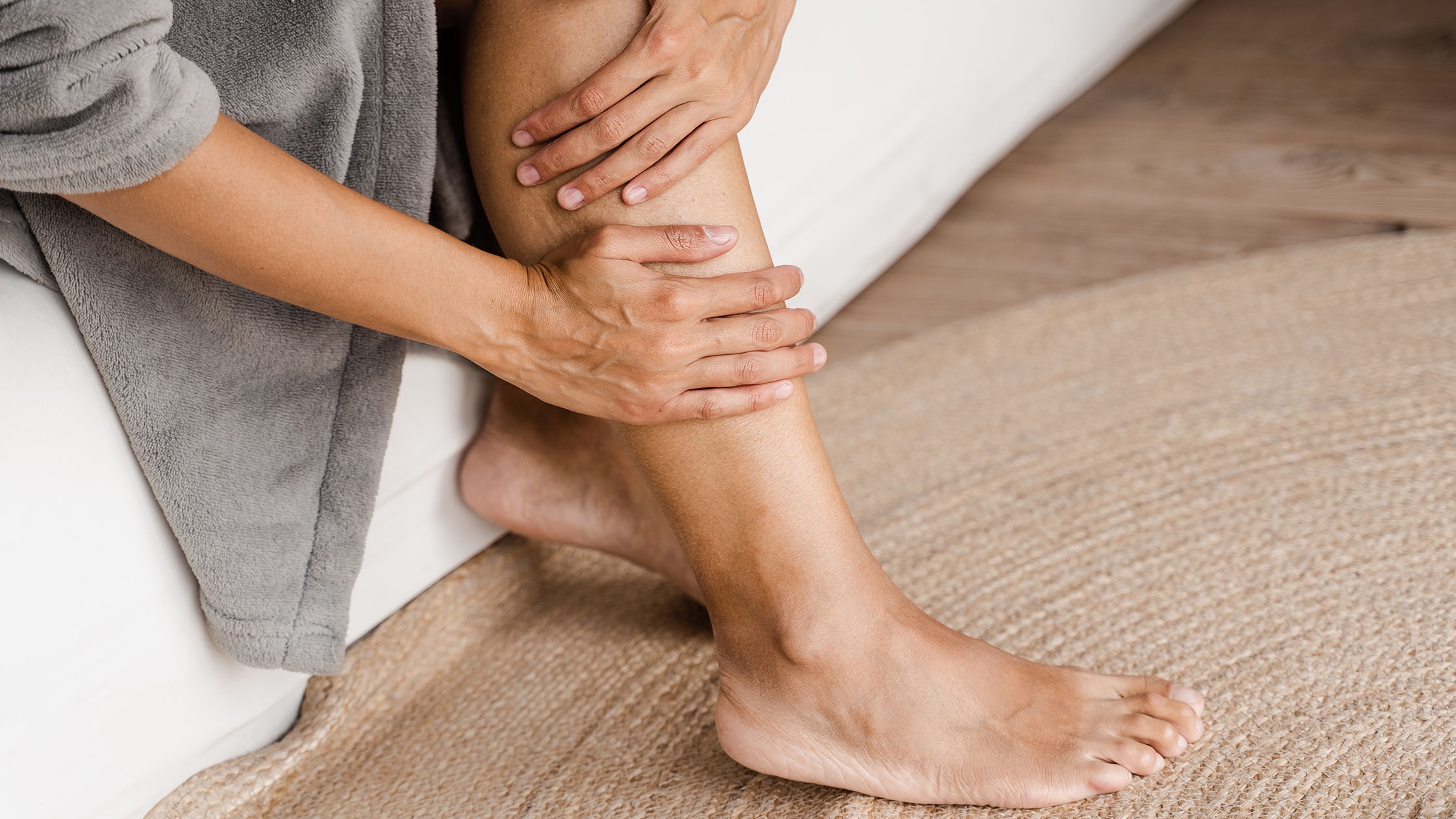As medical professionals at St. John’s Vein Center, we understand that many patients seeking vein treatment often wonder whether varicose veins are genetic. This question is essential as it helps us shed light on the underlying causes and risk factors associated with this common venous condition. This blog post will explore the connection between genetics and varicose veins, empowering potential patients with valuable insights into their vein health.
The Genetic Link: Unraveling the Mystery
Varicose veins, those twisted and enlarged veins typically found in the legs, affect millions worldwide. While various factors can contribute to their development, including lifestyle choices and environmental factors, researchers have long recognized the role of genetics in predisposing individuals to this condition.
Suppose your parents or close relatives have varicose veins. In that case, there is a higher likelihood that you may develop them as well. Studies have shown that genetic factors contribute to approximately 50-60% of varicose vein cases. However, it is essential to note that genetic predisposition does not guarantee the development of varicose veins. Other risk factors and lifestyle choices also play a significant role.
Understanding the Genetics Behind Varicose Veins
Several genetic factors contribute to the development of varicose veins. The most significant one is a weakness in the vein walls and valves. This weakness can be inherited, making individuals more susceptible to developing varicose veins over time.
Abnormalities in the connective tissues that support blood vessels can also contribute to varicose veins. These abnormalities can weaken the veins and impair their ability to effectively transport blood back to the heart, forming varicose veins.
Genetic factors may also influence the production of collagen, a protein that provides structural support to blood vessels. Defects in collagen synthesis can compromise the integrity of veins, increasing the risk of varicose veins.
Furthermore, hormonal imbalances, which can also have a genetic component, may contribute to the development of varicose veins. Hormones such as estrogen and progesterone can weaken the vein walls and valves, leading to venous insufficiency and the subsequent appearance of varicose veins.
Empowering Patients through Genetic Awareness
Recognizing the genetic component of varicose veins can help patients proactively manage their vein health. While you cannot change your genetic makeup, understanding your predisposition to varicose veins allows you to focus on modifiable risk factors and make informed decisions to minimize their impact. Here are a few key strategies:
1. Maintain a Healthy Lifestyle: Engaging in regular exercise, maintaining a healthy weight, and avoiding prolonged periods of sitting or standing can help reduce the risk of varicose veins.
2. Wear Compression Stockings: These specially designed stockings can help improve blood circulation, relieve symptoms, and reduce the progression of varicose veins.
3. Elevate Your Legs: Elevating your legs whenever possible can help reduce the pressure on veins and promote better blood flow.
4. Seek Professional Vein Treatment: If you have a family history of varicose veins or are experiencing symptoms such as pain, swelling, or leg heaviness, it is essential to consult a vein specialist. At St. John’s Vein Center, our experienced medical professionals can evaluate your condition, provide an accurate diagnosis, and recommend appropriate treatment options tailored to your needs.
While genetics play a significant role in the development of varicose veins, they are not the sole determining factor. By understanding the genetic link and adopting healthy lifestyle practices, you can effectively manage your vein health and potentially reduce the impact of varicose veins. At St. John’s Vein Center, we are dedicated to providing personalized care and effective vein treatments to help you achieve optimal venous health. Schedule a consultation today and take a proactive step towards healthier veins and a better quality of life.




